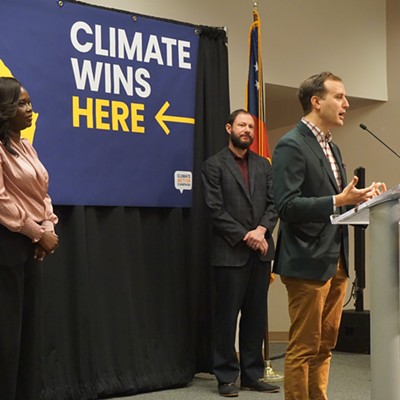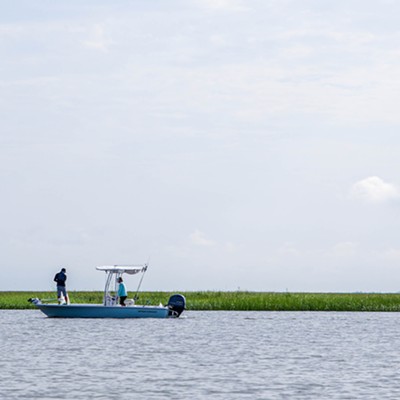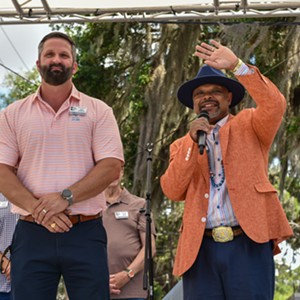Fa la la la la.....ten lies a leaping....and an embargo in a pear tree. This is not your usual holiday tale.
Grab your favorite cockle- warming beverage and let's begin this fractured fable set on a tropical island with renowned music, crumbling architecture and a very resilient people.
Once upon a time, in the late 20th century, Cuba traded heavily with Soviet Bloc countries. Sugar was king, queen and all that. It was exported at a high profit that funded the importation of food (which was no longer being grown on land devoted to lucrative sugar cane) and other essentials.
Agribusiness had taken control of the island. The people turned their backs on traditional farming techniques and embraced a modern dependency upon machinery and chemical enhancements. Quality of life indices were higher than any other Latin American country. Those in favor of industrial farming assumed a smug "We told you this is the way to do it" attitude.
When the Soviet Bloc disintegrated in 1991 Cuba lost over 80% of its trade and its ability to import food, petroleum products, pharmaceuticals and pretty much everything that was needed for life to go on as usual. It was a dire situation.
Castro decreed that the country was experiencing The Special Period in a Time of Peace, a poetic euphemism for "Oh @#@#!"
The government said to the citizens of Cuba, "We can't feed you. Grow your own food. Use this land; we'll provide information and supplies. There is no fuel for the tractors, but not to worry, we are breeding oxen like crazy. Forget pesticides, herbicides and artificial fertilizers; those are in short supply. We will help you grow fruits and vegetables using organic methods. Just like your peasant forefathers."
And the people did grow organically and prolifically, on vacant lots, on rooftops and on land reclaimed from abandoned cane fields. It was not instantaneous, but the hunger crisis eased due to ordinary Cubans who of necessity became organic gardeners and small scale farmers.
With 70% of the country's population in urban areas the ability to grow food crops within and adjacent to cityscapes was intrinsic to survival. It takes a long time for an oxcart pulling a cart to travel 50 miles. Petroleum fueled transport over long distances was not an option.
During The Special Period homegrown fruits and vegetables saved people from starvation. Still, it was not time for the happily ever after. Almost every area of life was affected: clothing, factories, newspapers, pharmaceuticals, toiletries.....
Cuban scientists and engineers sprang into action developing alternative energy sources, drugs from native plants, natural soil amendments and biological controls for insects. These efforts in addition to the thrust for organic farming put Cuba in a positive spotlight.
The Grupo de Agricultura Organica, Cuba's organic farming association, was awarded the 2005 International Right Livelihood Award. In 2006 the World Wildlife Fund determined that only one country in the world was living sustainably. Cuba. They based this designation on a high basic quality of human life combined with a low ecological footprint.
Today there are an astonishing 60,000-plus urban gardens in Cuba, producing between 50-80% of the island's food needs. For city dwelling Cubanos, the day's fresh vegetables are just down the street, sold from simple stands close to where they were harvested.
There is no middleman, low overhead and lip smacking freshness. Thanks to the government's pro-growing attitude, those working the gardens are well compensated.
The moral of this story would seem to be that Cuba has proven that we have the ability to wean ourselves from a lifestyle fueled, in so many insidious ways, by petroleum. It's not so simple. Is it ever?
Even during The Special Time one vegetable did not go cold turkey. The potato continued to mainline herbicides and other chemicals provided from dwindling state stockpiles.
The agribusiness door was never completely closed. And as embargoes have lifted and the economy has improved, there is increasing pressure for the return of industrial agriculture.
Corporate agribusiness has said that organic growing cannot feed a country. Cuba has shown that to be, if not a lie at least a half truth. I began this story by mentioning ten lies.
In the presence of governments and corporate business, and just plain folks, lies are legion. Lies are spun on threads of golden profit margins.
In Cuba the balance between organic and industrial farming might be tipped at any time. The crux of the matter is an embargo in a wobbly organic pear tree.























